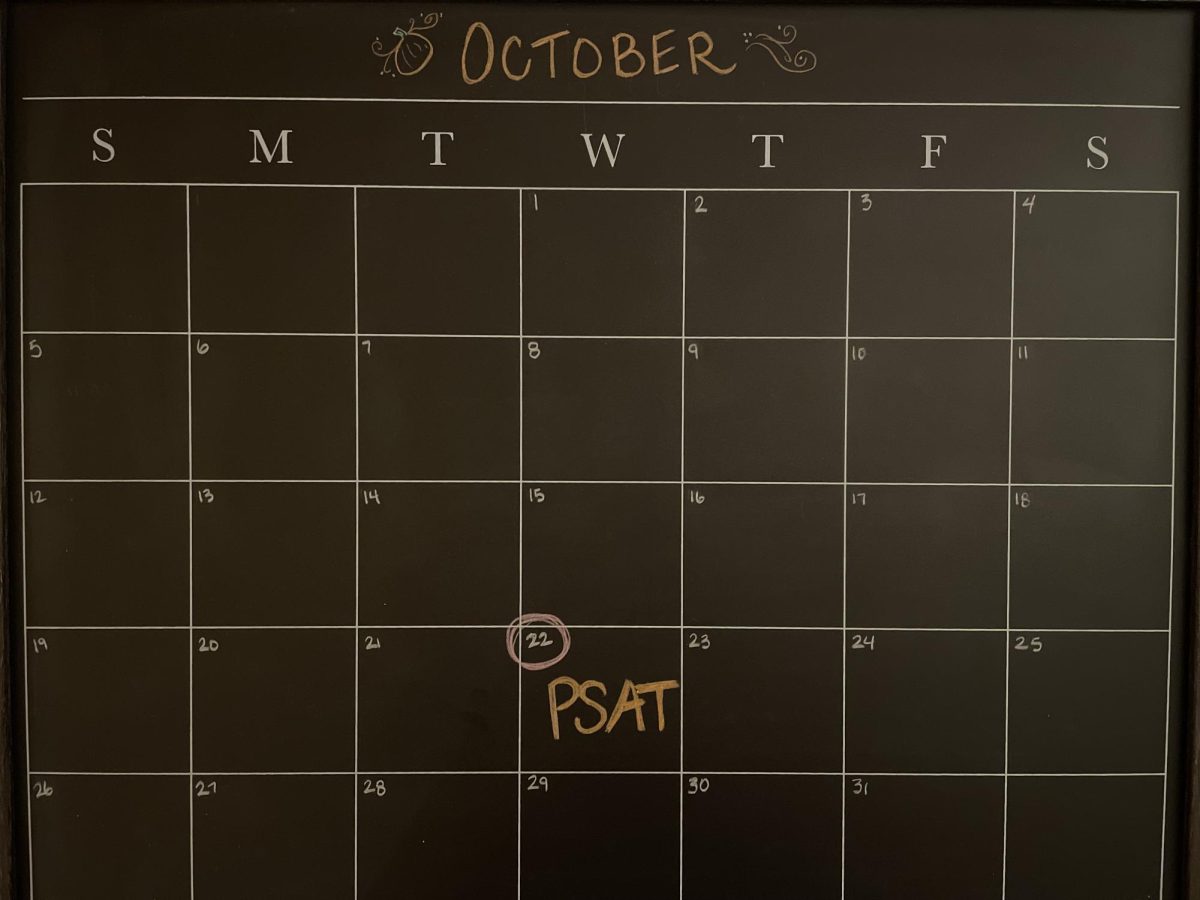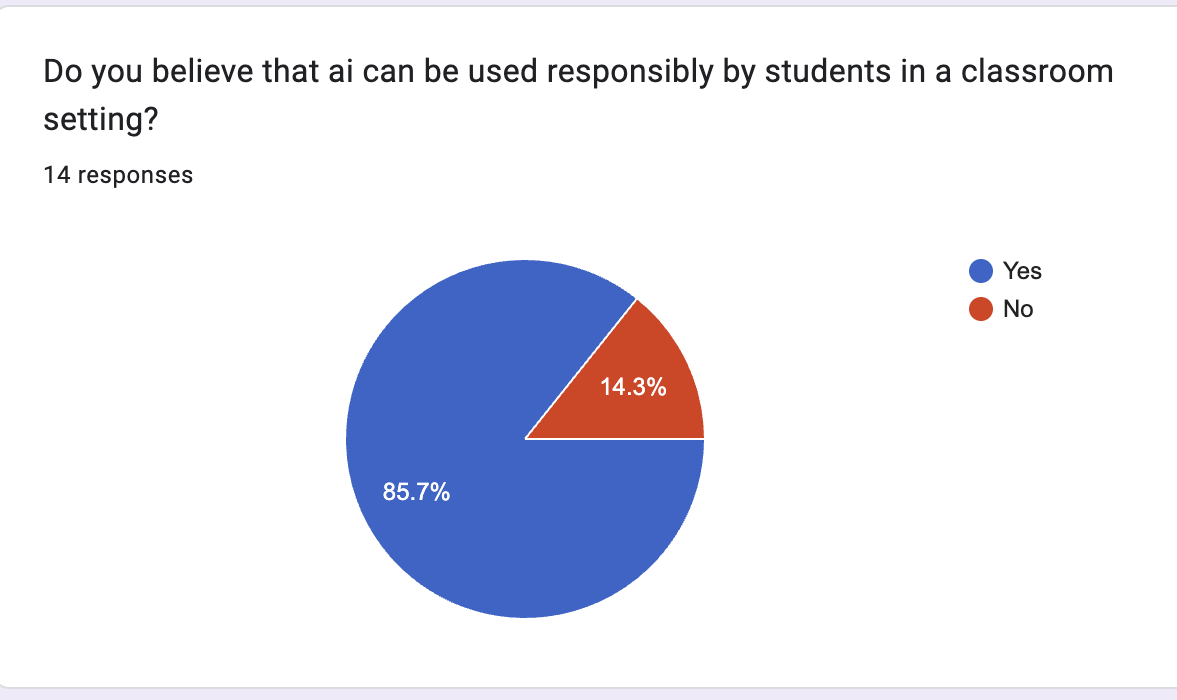On Dec. 2, the Oxford University Press released the 2024 word of the year: ‘Brain rot.’
Oxford defines ‘brain rot’ as “the supposed deterioration of a person’s mental or intellectual state, especially viewed as the result of overconsumption of material (now particularly online content) considered to be trivial or unchallenging.” This word is currently being commonly used on social media as a way of characterizing the effect of people who spend too much time watching counterproductive videos deemed to decrease their intellectual capacity.
The Word of the Year is chosen each year by Oxford’s language experts, after conducting a survey of over 37,000 votes from the public, followed by a worldwide public discussion and language data analysis.
The word “brain rot” wasn’t very commonly used up until 2023 and 2024, when the word increased in usage frequency by 230%. Words are now easier than ever to be spread among large amounts of people in a short amount of time. This is due to the accessibility of digital media in this age of technology. Particularly among younger generations who spend a lot of time online and adapt a strong digital presence.
This is growing into a larger concern for Gen Alpha, who have been practically raised in a digital environment. Essentially from the moment they are born they are being exposed to digital content that is doing more harm than good to their brain functions and creativity as they grow up.
In the span of months to years, digital socializing has taken on many forms as new memes, trends, sayings, or words become popular amongst many users primarily on social media platforms.
According to Oxford University Press, the first recorded usage of the word was in Henry David Thoreau’s book Walden in 1954. “Thoreau criticizes society’s tendency to devalue complex ideas, or those that can be interpreted in multiple ways, in favour of simple ones, and sees this as indicative of a general decline in mental and intellectual effort: ‘While England endeavours to cure the potato rot, will not any endeavour to cure the brain-rot – which prevails so much more widely and fatally?’”
The word has taken quite a turn in its interpretation online, specifically among Gen Z and Gen Alpha, who refer to the low quality unproductive videos that get spread among social media apps as “brain rot,” admitting the counterproductiveness and overconsumption of those videos, turning it into a sort of big inside joke.
Some popular examples of content deemed to be “brain rot,” include the Skibidi Toilet video which was one of the primary sparks in emerging the brain rot language. This has turned into dozens of other mentally deteriorating content over the past year, on social media apps like Tiktok and Instagram.
It’s not shocking that this is the word of the year, especially if you are a young person who spends a decent amount of time online. It says a lot about how heavy the influence of social media can be on changing people’s vocabulary, and how quickly it can happen.





